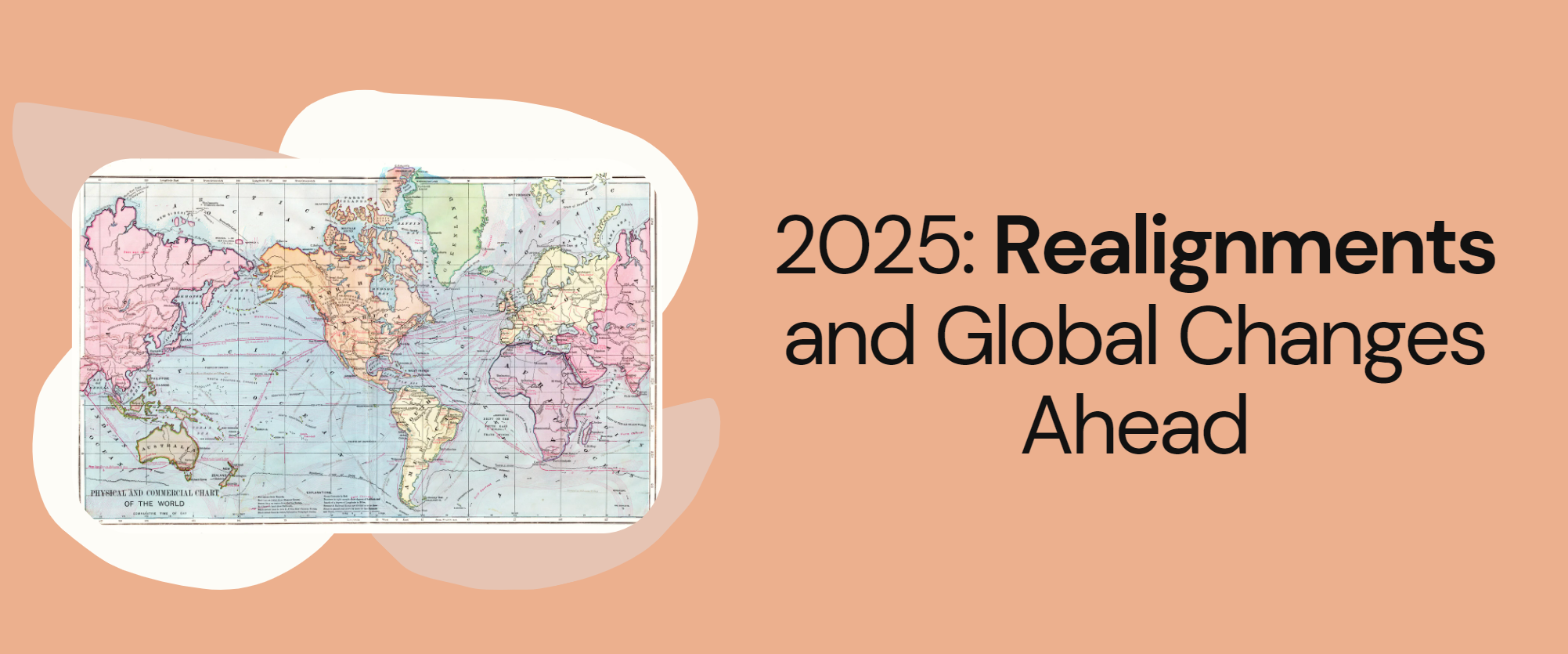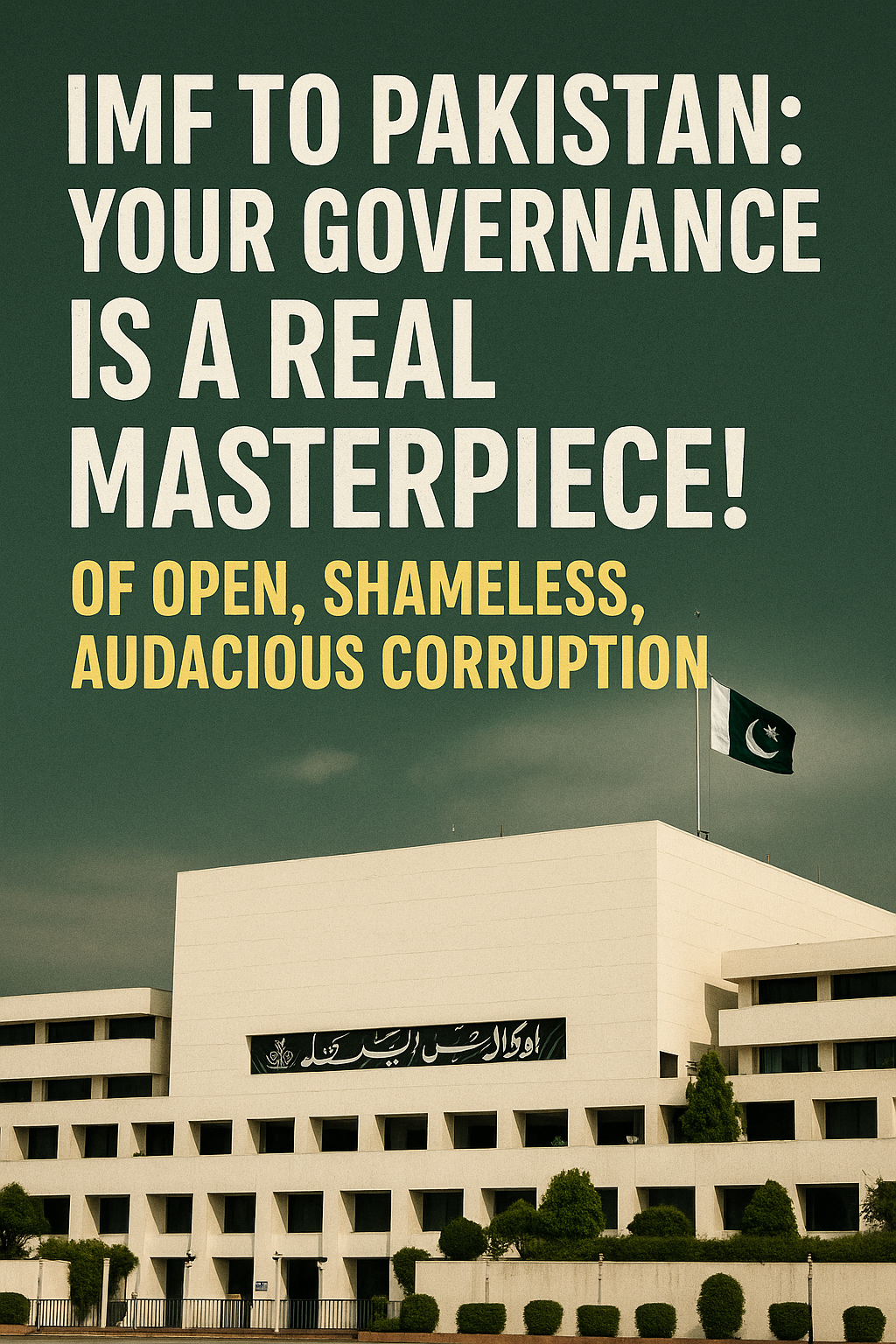
The global political landscape is like a grand chessboard, with powerful players making strategic moves. As the world heads towards a significant shift in 2025, key players—Trump, Biden, the Deep State, and various regional powers—are vying for influence. This is not just a story of power struggles in far-off lands; it directly impacts Pakistan and its future trajectory.
The Trump Factor: Bold Moves and Deep State Intrigue
Donald Trump, never one for subtlety, has made it clear: his goals include resolving the Ukraine conflict, stabilizing Gaza, and pulling America away from unnecessary foreign entanglements. His dismissal of Syria as “sand and death” reflects his starkly realist worldview. However, the ‘Deep State,’ a term often used to describe entrenched bureaucratic and military powers in the U.S., seems to have other plans.
Trump’s foreign policy prioritizes American withdrawal from NATO and a reset in Middle Eastern diplomacy. His straightforward approach clashes with the Deep State’s traditional strategy of maintaining global tension to serve military-industrial interests.
The deep state’s maneuvering in Syria and other conflict zones appears aimed at ensuring Trump cannot fully execute his vision before January 20th, when he assumes formal power on January 20th.
NATO and Europe: Cracks in the Alliance
Europe stands at a crossroads. Germany and France, the two pillars of the EU, are in political turmoil. Leaders like Olaf Scholz and Emmanuel Macron are facing mounting challenges, with their governments teetering on the brink of collapse. Meanwhile, the United Kingdom’s instability mirrors a broader European fatigue and fragmentation.
Trump’s call for the U.S. to step away from NATO further amplifies these tensions. If America withdraws, can Europe stand on its own against Russia? Or is this conflict artificially sustained by narratives shaped by NATO hawks and the military-industrial complex?
The Asian Pivot: Power Struggles in the East
The Biden administration envisioned an Indo-Pacific strategy anchored by Japan and South Korea. However, domestic instability in these nations has thrown those plans into jeopardy. South Korea’s political scene remains volatile, while Japan faces leadership challenges.
On the other hand, Trump has shown interest in closer ties with North Korea and China, signaling a potential pivot in American policy towards Asia. Will this bring stability or spark new conflicts?
Repercussions on Pakistan: Caught in the Crossfire
For Pakistan, these global realignments are not distant events—they have immediate consequences. As the Middle East remains embroiled in chaos, and South Asia faces growing uncertainty, Pakistan’s strategic positioning becomes both an asset and a vulnerability.
- Economic Dependence: Pakistan’s reliance on global economic partnerships with the U.S., China, and the Gulf States means it cannot afford to pick sides carelessly.
- Security Concerns: With conflicts in neighboring regions, Pakistan must tread carefully to prevent spillover violence.
- Domestic Stability: Political instability within Pakistan mirrors the global disorder, leaving little room for cohesive long-term strategies.
Will Pakistan align itself with new emerging powers, or will it stay tethered to its traditional alliances? The answer will shape its future.
The Deep State vs. Populism: A Battle for Influence
One of the most significant undercurrents of today’s global politics is the clash between populist leaders like Trump and entrenched power structures (Deep State). This battle transcends borders—it’s as relevant in Washington as it is in Islamabad.
Trump’s plans to dismantle the Deep State could have ripple effects worldwide, reshaping not only American foreign policy but also the balance of power in regions like the Middle East and South Asia.
A Turning Point: The Road to 2025
2025 is set to be a year of monumental change. The global order, established after the Cold War, is cracking under the weight of internal divisions and external pressures. Whether it’s NATO’s fragmentation, the Ukraine conflict, or escalating tensions in Asia, the outcomes will have a direct bearing on countries like Pakistan.
For Pakistan, the key will be agility—adapting to rapidly changing global dynamics while safeguarding its national interests.
What Lies Ahead?
As we stand on the cusp of 2025, one thing is clear: the world is entering a period of uncertainty. Trump’s return, NATO’s fragility, and the looming threat of new conflicts create a complex geopolitical web.
Pakistan must prepare itself—not just militarily, but economically and diplomatically—to navigate these stormy waters. The decisions made today will determine whether Pakistan emerges stronger in the new global order or gets swept away by the tides of change.


